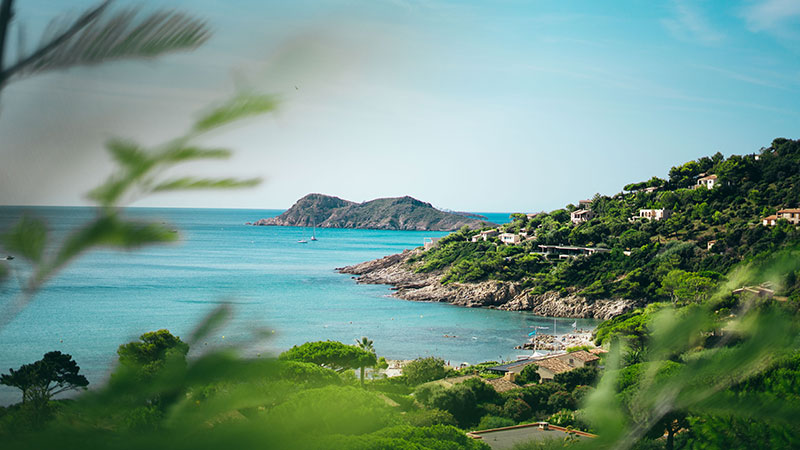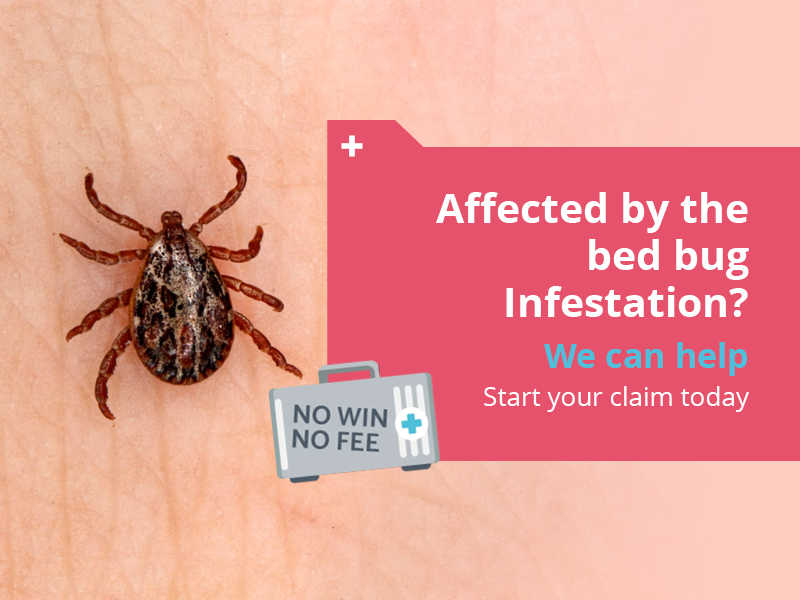
France Travel Guide – The Ultimate French Holiday Advice
Our travel law team have prepared a France Travel Guide to help holidaymakers enjoy and stay safe on their holidays to France this year.
Can I travel to France from UK?
Following Brexit and the global pandemic, finally travel restrictions have eased so it is now much easier to travel to visit France again on holiday.
It is easy to visit France with multiple options available – plane, ferry and the channel tunnel are all possible.
It is worth remembering that the passport rules have changed as a result of the UK leaving the EU. Your passport must now have a date of issue of less than 10 years before the date you enter France and be valid for at least 3 months after the date you leave France.
France COVID travel restrictions
1. If you’re fully vaccinated
If you’re travelling to France from the UK, since 31 March 2022, you must show proof of vaccination if you’re aged over 12. Your final dose must have been given at least 7 days before travel.
2. If you’re not fully vaccinated
You will need to provide a negative PCR test result taken within 72 hours or an antigen test result taken within 48 hours of departure. This ill need to be a private test which you will need to organise.
3. All children under 12 are exempt from all COVID-19 travel restrictions
France will accept the NHS COVID pass digitally or as a letter which you will need to request.
Since 16 May, wearing masks on public transport is no longer compulsory.
Face masks are only now compulsory in health establishments such as hospitals, clinics and nursing homes.
There are currently no internal travel restrictions in France.
What is the best way to travel in France?
The public transport system in France is fantastic, it is cheap, efficient and reliable, a far cry from the system in the UK.
1. Train
The train system is very comfortable and is run by SNCF There are frequent trains throughout the country and if travelling between major cities, you won’t go too far wrong if you travel by train.
2. Bus and coach
These services are often cheaper than the train but will take longer. It can be useful if travelling to more local rural areas. It is important to keep in mind that bus services are often very limited at weekends.
3. Car and motorcycle
Driving offers you all the freedom in the world to explore France. Driving through peaceful country lanes and vineyards is extremely enjoyable. However, it is a different experience driving in busy French cities, especially Paris where the traffic can make it a very stressful experience!
4. Bicycle
France has an increasing number of cycle lanes making it much easier to cycle through France. The countryside is beautiful and is a fantastic place for a cycling holiday.
Driving in France
Driving in France is a wonderful experience, but it is important that you are prepared if something goes wrong. There are lots of regulations for driving in France. Here is a checklist of things you need to keep in mind:
- You must carry your driving licence, passport, V5C certificate and insurance documents with you at all times when driving
- We would strongly recommend that you do not drive after an alcoholic drink.
- You must also carry a number of safety items with you in your car including a warning triangle, reflective safety jacket, breathalyser, beam deflectors and a helmet if riding a motorcycle.
- You should display a UK sticker on your vehicle.
Contact Holiday Claims Bureau if the worst happens
The team at Holiday Claims Bureau hope you will make the most of your trip to France and the holiday goes smoothly. However, if the worst happens – a member of your party falls ill or is injured and it is not their fault, do not hesitate to contact our experienced holiday sickness and accident solicitors.
Start your claim online or speak directly to an expert holiday claim solicitor today on 0161 813 2131.
How it works



The Holiday Claims Bureau have helped thousands of people to receive the highest compensation payouts
Well done and thank you
Would highly recommend to anyone.



